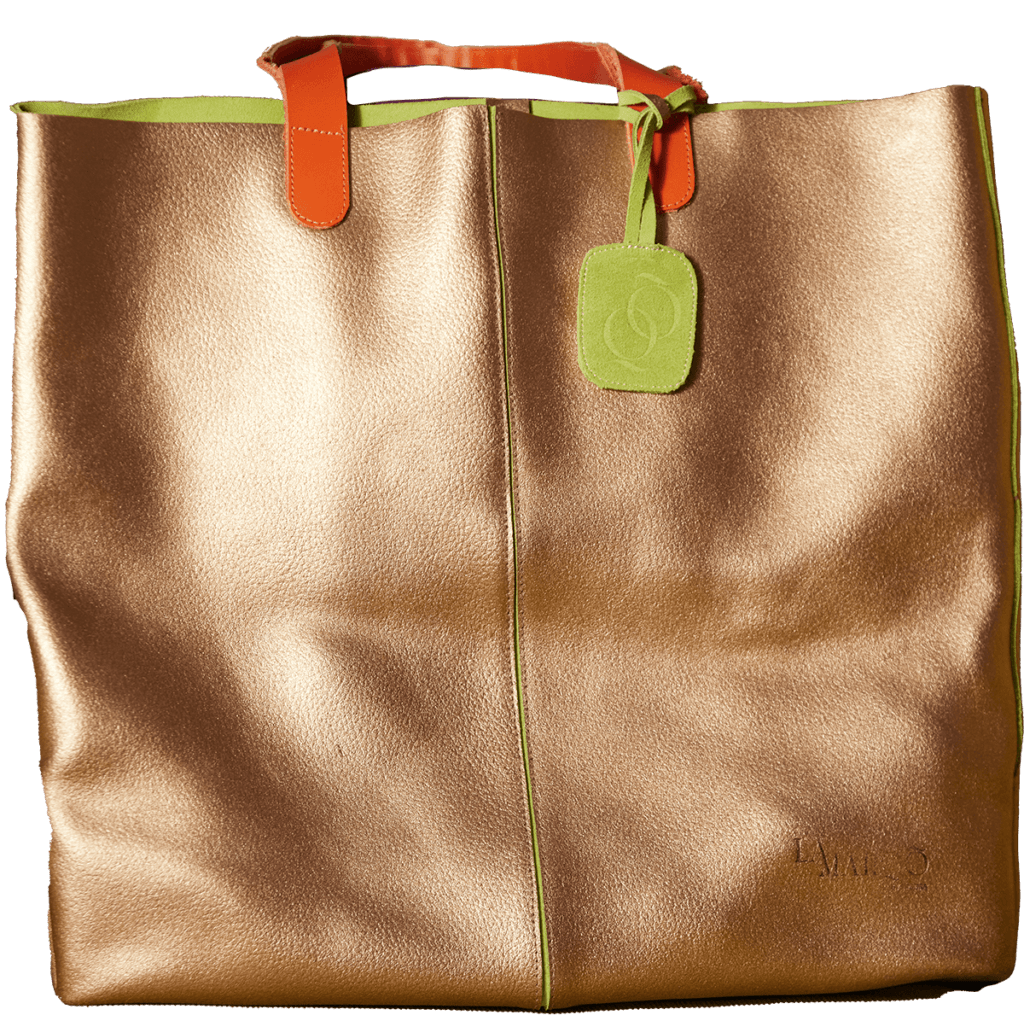
Home
From Shed to Sanctuary
Written by: Katarina Škipić
The Evolution of the Home Gym
The idea of a home gym still conjures humorous images of a dusty treadmill doubling as a clothes hanger. But how much has really changed?
A lot, actually. In the quiet sanctum of their homes, many have carved out corners and basements dedicated to an activity once confined to communal spaces. Festooned with more than stark mirrors and metal, the home gyms of today extend beyond utilitarian fitness courts in the same way that fitness has become more than just a tool to chisel your body.
Today, the home gym is a new face of the old idea: a burgeoning sanctuary where the clinks of dumbbells accompany self-reflection, and the rush of an early morning spin class breathes life into the day ahead. But the shift from public gyms to private fitness spaces did not happen overnight. Its strong roots in market development and technological advancements are only the surface. Below, it’s a complex tale of societal change.
The history of home fitness stretches from exclusive practices for the affluent to a widespread, accessible phenomenon shaped by shifts in trends, technological innovation, and notable fitness personalities (did someone say “Arnold?”).
A lot, actually. In the quiet sanctum of their homes, many have carved out corners and basements dedicated to an activity once confined to communal spaces. Festooned with more than stark mirrors and metal, the home gyms of today extend beyond utilitarian fitness courts in the same way that fitness has become more than just a tool to chisel your body.
Today, the home gym is a new face of the old idea: a burgeoning sanctuary where the clinks of dumbbells accompany self-reflection, and the rush of an early morning spin class breathes life into the day ahead. But the shift from public gyms to private fitness spaces did not happen overnight. Its strong roots in market development and technological advancements are only the surface. Below, it’s a complex tale of societal change.
The history of home fitness stretches from exclusive practices for the affluent to a widespread, accessible phenomenon shaped by shifts in trends, technological innovation, and notable fitness personalities (did someone say “Arnold?”).
From shed to sanctuary
Mens Sana In Corpore Sano
The maxim “a healthy mind in a healthy body” summarizes the age-old common knowledge of how physical fitness contributes to mental and emotional well-being. This concept is older than you might think: its roots can be traced back to ancient Rome, from which the famous Latin phrase is derived. The famous words have been credited to Roman poet Juvenal, dating back to the first century AD.
In his satirical poem, Juvenal promoted the ideal of balance between physical health and mental acuity as a cornerstone for a fulfilling life. How could that even be satirical? It could be because the phrase was part of a larger moral commentary. Juvenal (“bread and circuses,” anyone?) was the last great Roman satirist whose sharp reed pen harshly critiqued the decadent Roman elite’s obsession with superficial pursuits and advocated for more substantial, virtuous goals.
However, the concept itself predates the Roman age—ancient Greek philosophers also thought that the mind and body were interconnected and that the health of one influenced the other. This perspective was at the root of their educational system, which combined physical training and athletic competition with music, debate, and philosophy into a holistic approach to development.
Over the centuries, this ancient wisdom has been revisited and reinforced in various cultural and medical discourses. Today, the idea is supported by a growing body of scientific research that links regular physical activity to improved mental health, reduced anxiety, and enhanced cognitive function. Which brings us back to contemporary home fitness.
In his satirical poem, Juvenal promoted the ideal of balance between physical health and mental acuity as a cornerstone for a fulfilling life. How could that even be satirical? It could be because the phrase was part of a larger moral commentary. Juvenal (“bread and circuses,” anyone?) was the last great Roman satirist whose sharp reed pen harshly critiqued the decadent Roman elite’s obsession with superficial pursuits and advocated for more substantial, virtuous goals.
However, the concept itself predates the Roman age—ancient Greek philosophers also thought that the mind and body were interconnected and that the health of one influenced the other. This perspective was at the root of their educational system, which combined physical training and athletic competition with music, debate, and philosophy into a holistic approach to development.
Over the centuries, this ancient wisdom has been revisited and reinforced in various cultural and medical discourses. Today, the idea is supported by a growing body of scientific research that links regular physical activity to improved mental health, reduced anxiety, and enhanced cognitive function. Which brings us back to contemporary home fitness.
Never Miss a chance to be Inspired!
Start your trial today.
Don’t Just Scroll, Evolve! Explore the Unexplored with TrooRa.
Subscribe for Insights and Stories Not Found Anywhere Else!

Already Have an Account? Sign In
Want The Print?
Get Waitlisted NOW!






